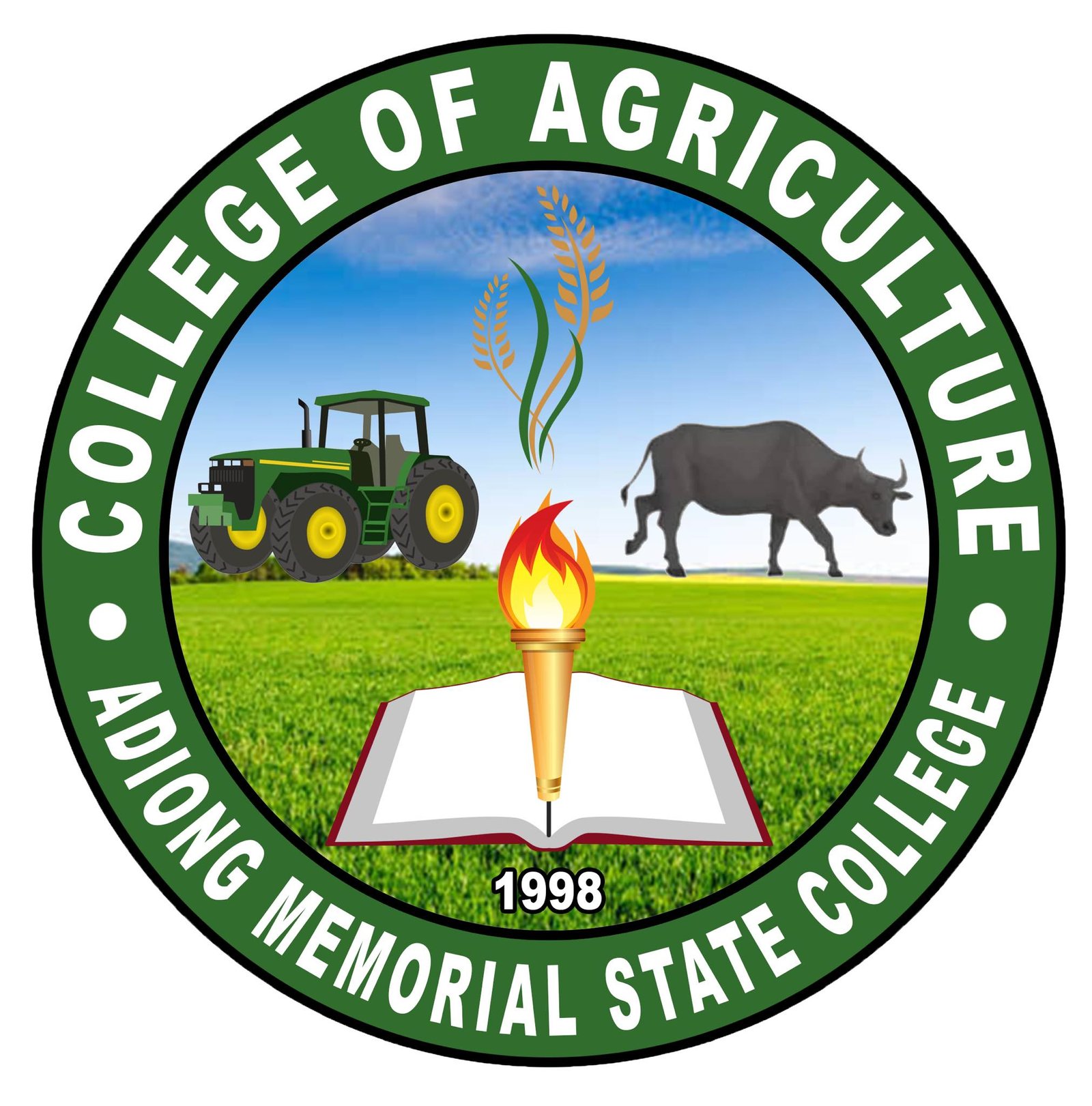The Bachelor of Science in Agriculture with a specialization in Farming Systems is a comprehensive program that combines theoretical knowledge and practical skills to prepare students for a career in modern and sustainable agricultural practices. This program focuses on the holistic approach to farming, emphasizing the integration of various agricultural components to enhance productivity, resource efficiency, and environmental sustainability.
Program Highlights:
1. Crop Management:
- Learn the principles of crop production, including planting, cultivation, and harvesting techniques.
- Explore modern methods of crop management and optimization.
2. Livestock Management:
- Gain insights into animal husbandry practices, breeding, nutrition, and disease control.
- Understand the role of livestock in integrated farming systems.
3. Agroecology:
- Study the ecological aspects of agriculture and sustainable farming practices.
- Explore methods to minimize environmental impact and promote biodiversity.
4. Farm Planning and Design:
- Learn to design and plan agricultural systems for optimal efficiency.
- Understand the integration of crops, livestock, and other components in farm planning.
5. Precision Agriculture:
- Explore the use of technology, data analytics, and precision farming techniques.
- Learn to optimize resource use and increase overall farm productivity.
6. Resource Management:
- Understand the efficient use of natural resources, including soil, water, and energy.
- Explore methods for sustainable agriculture and conservation practices.
7. Entrepreneurship in Agriculture:
- Develop business and entrepreneurial skills relevant to the agricultural sector.
- Explore opportunities for agribusiness and farm management.
8. Internship and Practical Experience:
- Engage in hands-on training and internship programs to apply theoretical knowledge in real-world settings.
- Collaborate with local farms, agricultural businesses, and research institutions.
Career Opportunities:
Graduates of the BS Agriculture program with a specialization in Farming Systems have diverse career opportunities in the agricultural sector. Some potential career paths include:
1. Farm Manager:
- Oversee day-to-day operations of a farm, including crop cultivation, livestock management, and resource utilization.
2. Agricultural Extension Officer:
- Work with farmers to implement modern and sustainable farming practices through educational programs and outreach.
3. Agribusiness Entrepreneur:
- Establish and manage agricultural enterprises, such as organic farms, value-added processing, or agritourism ventures.
4. Crop Consultant:
- Provide expertise in crop management, pest control, and sustainable farming practices to individual farmers or agricultural organizations.
5. Livestock Specialist:
- Specialize in the management and care of livestock, ensuring optimal health, breeding, and productivity.
6. Environmental Conservation Officer:
- Work on projects that focus on sustainable and environmentally friendly agricultural practices.
7. Researcher in Agriculture:
- Contribute to agricultural research, developing new techniques, and technologies to enhance farming systems.
8. Government Agricultural Officer:
- Work for government agencies involved in agriculture, providing expertise in policy development, regulation, and implementation.
The BS Agriculture (Farming Systems) program equips graduates with a holistic understanding of modern agricultural practices, making them well-prepared for a variety of roles in the dynamic and evolving field of agriculture.

